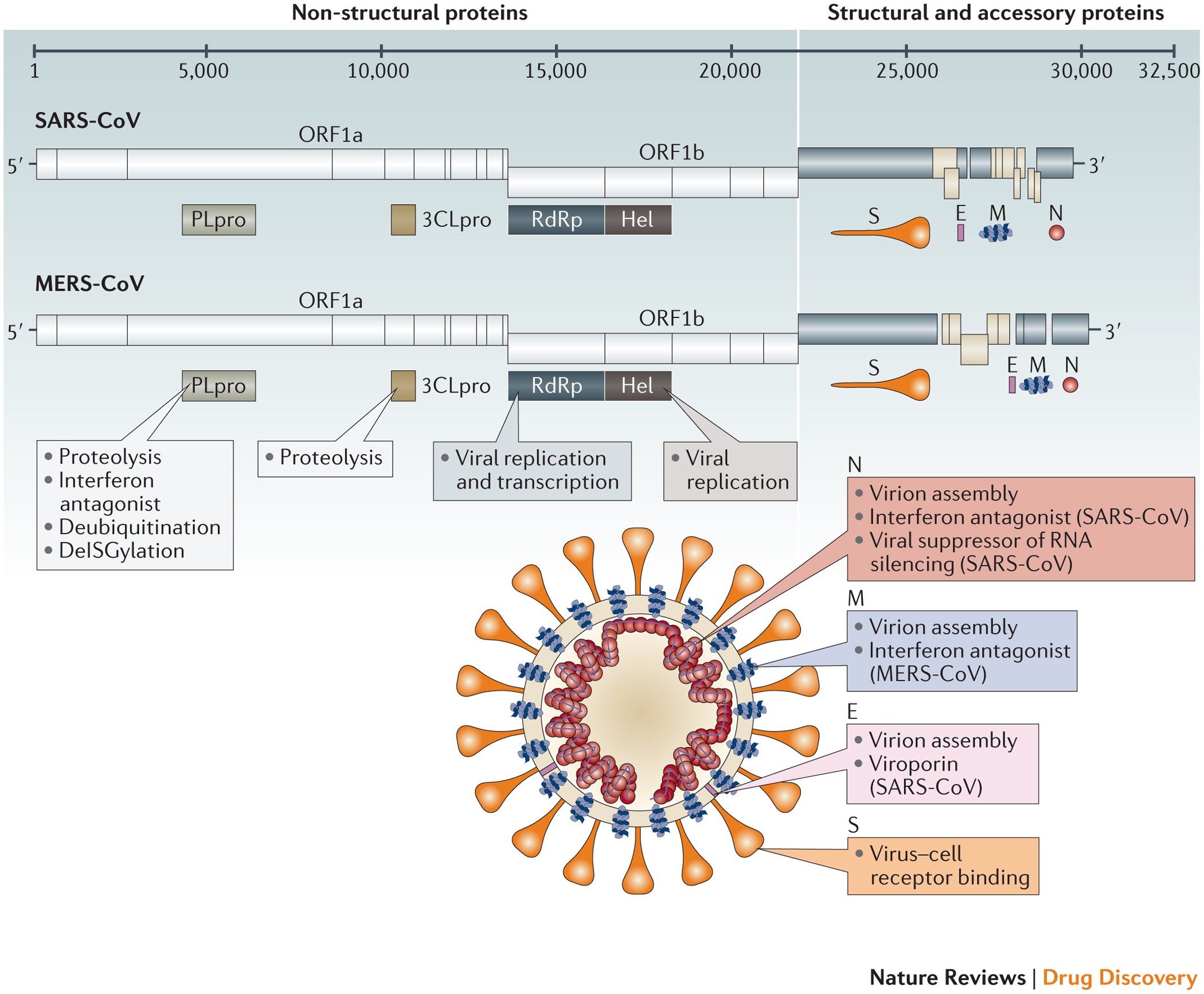
International Telecommunication Union figures. Although Internet is available, it is through slow dial-up connections, and fewer than 1 percent of the population goes online, according to U.N. Eritrea is Africa’s worst jailer of journalists, with at least 23 behind bars-none of whom has been tried in court or even charged with a crime.įearing the spread of Arab Spring uprisings, Eritrea scrapped plans in 2011 to provide mobile Internet for its citizens, limiting the possibility of access to independent information. The threat of imprisonment has led many journalists to choose exile rather than risk arrest. In Eritrea, President Isaias Afewerki has succeeded in his campaign to crush independent journalism, creating a media climate so oppressive that even reporters for state-run news outlets live in constant fear of arrest. The list is based on research into the use of tactics ranging from imprisonment and repressive laws to harassment of journalists and restrictions on Internet access. Repressive nations threaten jail terms, restrict Internet to silence pressĮritrea and North Korea are the first and second most censored countries worldwide, according to a list compiled by the Committee to Protect Journalists of the 10 countries where the press is most restricted. The 2015 list of 10 Most Censored Countries is part of CPJ’s annual publication, Attacks on the Press.

See updated list of 10 Most Censored Countries at. Today, Kasr Al-Ainy Faculty of Medicine - Cairo University obtained two ISO certificates, the first certificate in administrative systems according to the approval of QMS ISO9001:2015, and the second certificate in management systems of educational institutions according to the specifications EOMSIS21001:2018, knowing that it is the first medical college in the Arab Republic of Egypt to obtain both certificates.

ISO For Faculty of Medicine Cairo University (Kasr Al-Ainy) To care for the development of the competitive edge of human resources, serve the community and share in solving national health problems.To train specialized physicians to conduct advanced scientific research, apply updated technologies and follow national and international medical standards.To graduate quality physicians capable of implementing various levels of health care practices, following medical ethics and ready for continuing professional development.


 0 kommentar(er)
0 kommentar(er)
